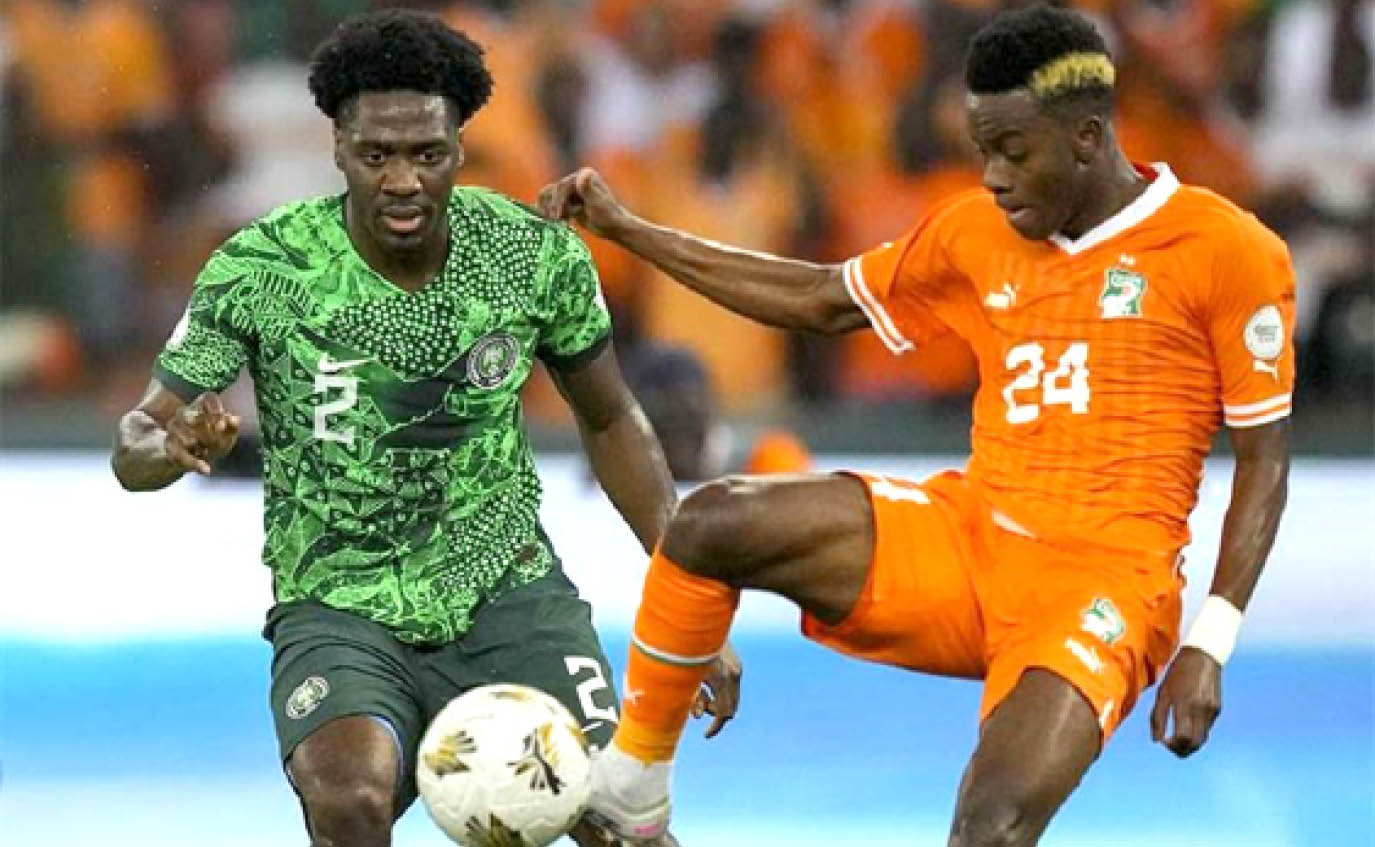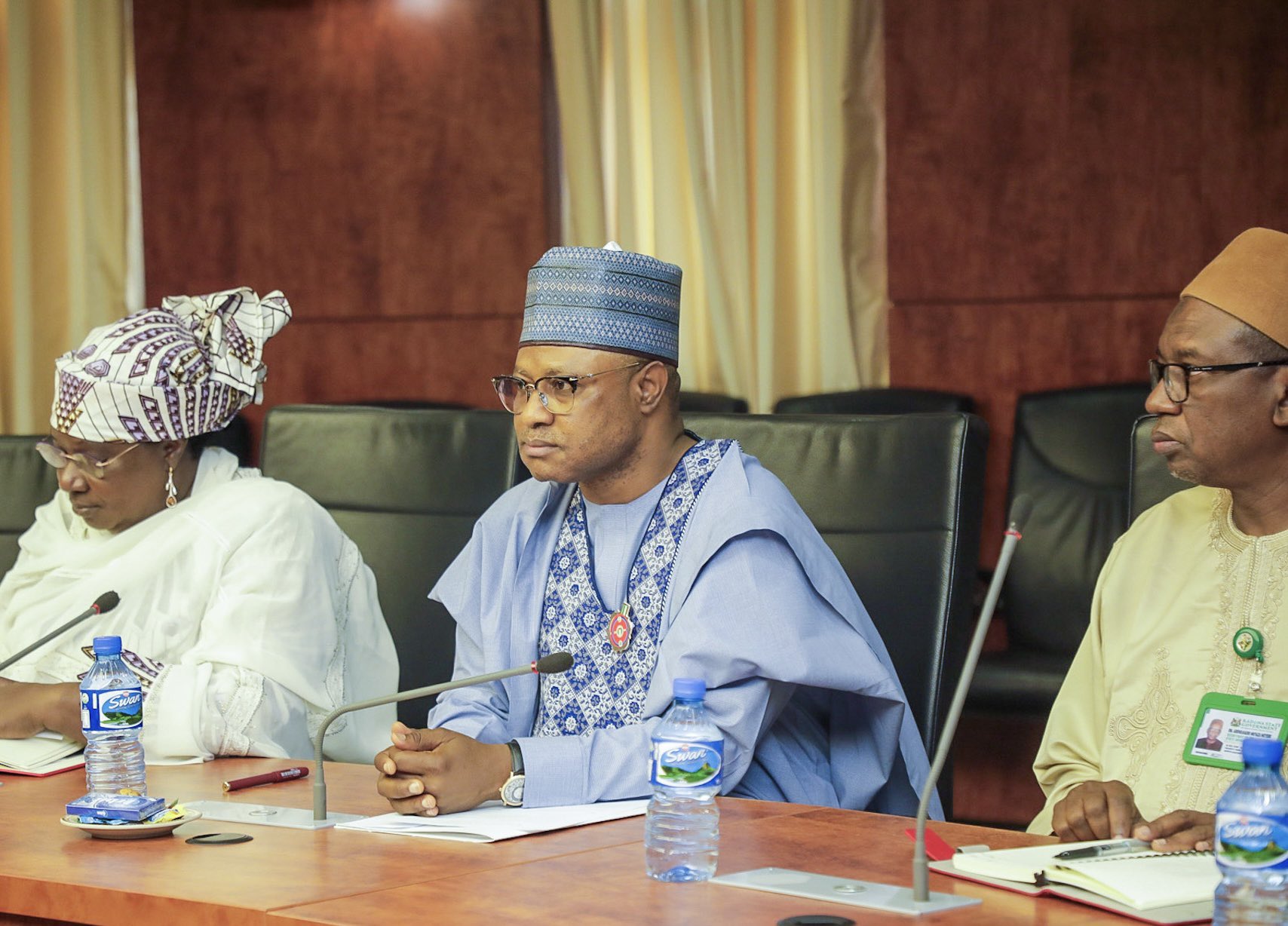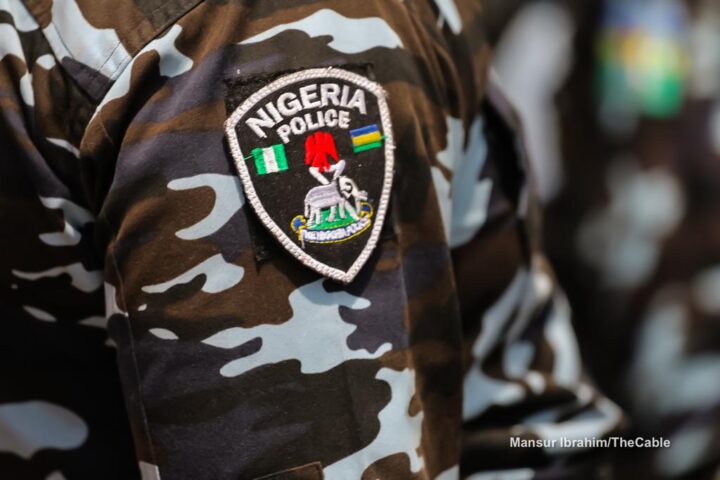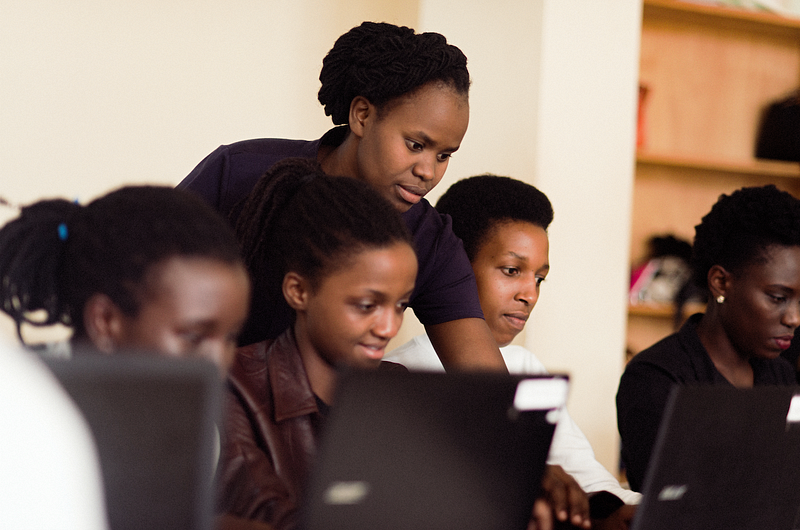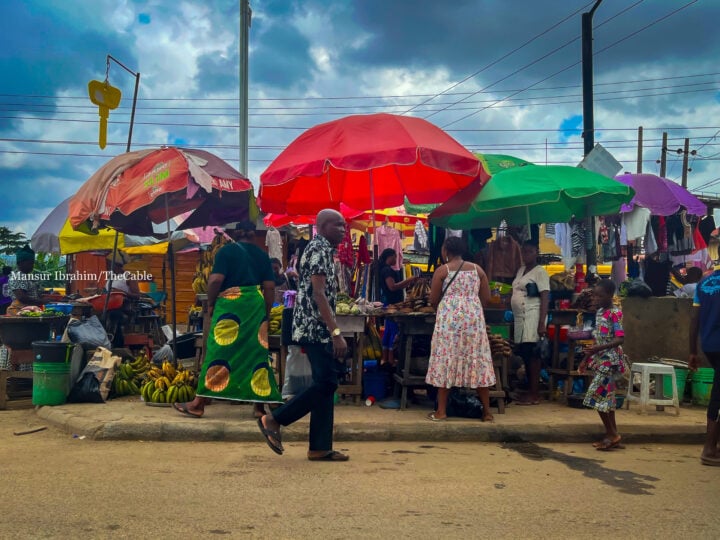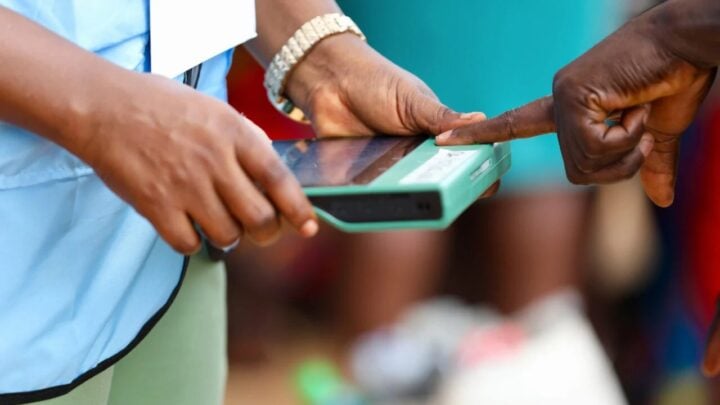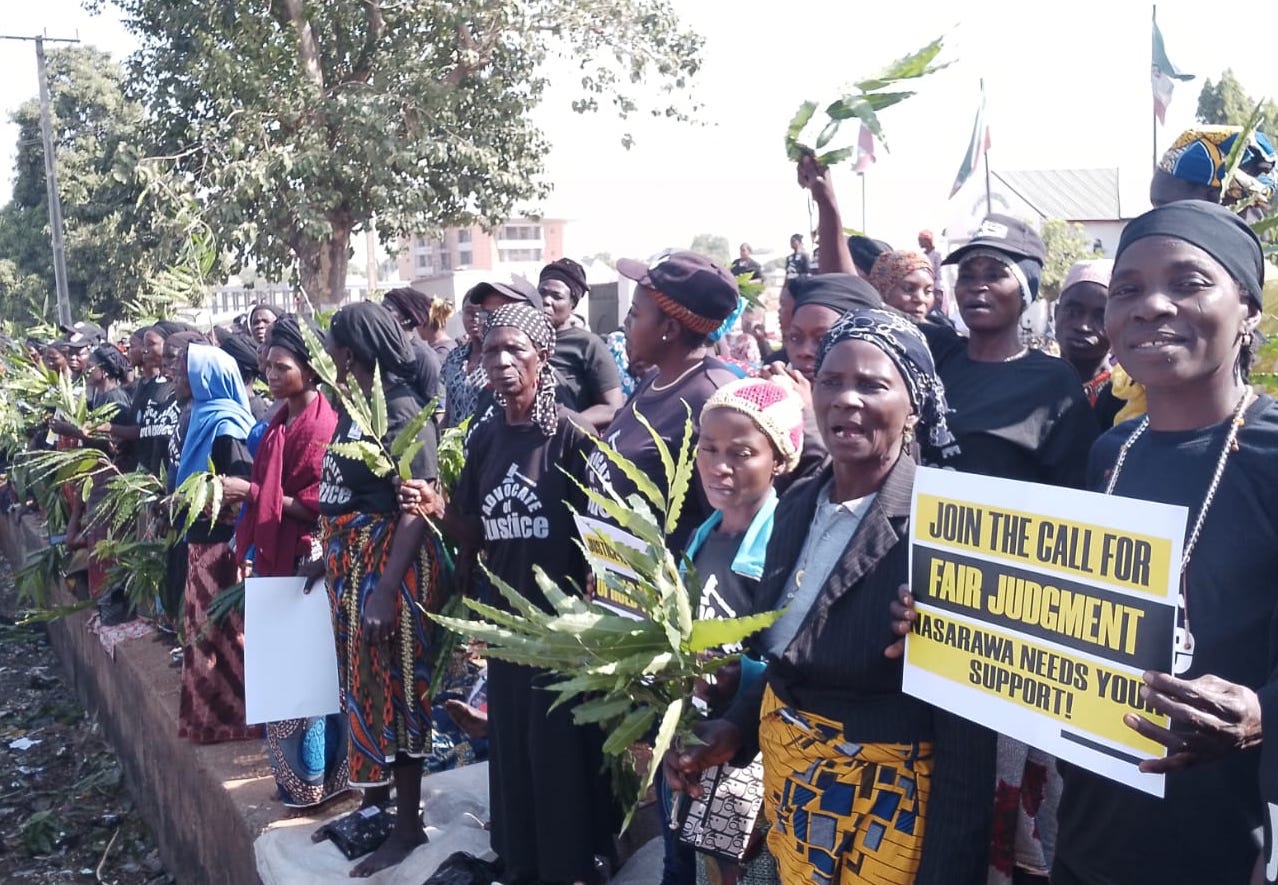The excitement of the African Cup of Nations did not end with the crowd’s roar in Abidjan. As the Super Eagles battled on the field, another fierce competition unfolded alongside it as the Nigerian Twitter community engaged in spirited conversations with their counterparts from other African countries. Ghana and South Africa were key rivals, quite possibly because they could communicate better by being English-speaking countries.
Often humorous but sometimes heated, these exchanges reflect a blend of national pride, football fanaticism and cultural identity. Nigerians often assert their country’s greatness despite enduring challenges like inconsistent electricity supply, infrastructural issues, governance challenges and high poverty rates. Comments highlighting these struggles can pierce the national pride displayed online.
Regardless of how true or not the words are, the Nigerian contingent typically bruises and bluffs its way through with sheer vehemence and weight of numbers. Several factors contribute to Nigerians’ active and sometimes dominant presence on Twitter and other platforms. Nigerians are witty and intense, and with over 60% of its population under the age of 30, there is a large demographic available for social media engagement. But this is one of those situations where elements of defeat are buried in win.
Like Okonkwo in Things Fall Apart, most Nigerians struggle to self-reflect or acknowledge painful truths, perceiving them as attacks rather than opportunities for improvement. Many view the attacks on the country as personal attacks; thus, they respond accordingly. This reluctance to soberly reflect on shortcomings impedes progress. While sober reflection focuses on internal factors and self-accountability, anger-laden reflection externalises responsibility and seeks to assign blame, thus
hindering progress and perpetuating conflict.
While some online comments might be malicious, others stem from genuine concern or a desire to see Nigeria reach its full potential. Understandably, people struggle to accept barbs amid an intense argument and simply submit. Still, it would help if we at least learn to consider later some of the absurd things we get talked down on by other Africans.
Advertisement
Things as basic as ensuring a steady electricity supply have proven to be beyond Nigeria’s ruling class over 50 years. Also, despite carrying an air of superiority, Nigeria is poorer than many African countries. Hence, stopping to reflect on our true standing soberly is crucial. That is the only way Nigerians can take ownership of their lives, learn from mistakes, and actively seek solutions. Having said that, the supposedly cerebral sections that criticise the masses should also consider their communication strategies. Merely presenting facts and figures isn’t enough; engaging narratives that resonate with Nigerians’ aspirations and emotions are essential for effective communication. Without a compelling vision that speaks to hearts and minds, expecting Nigerians to embrace dry pronouncements over emotionally resonant narratives is unrealistic. Bridging this emotional gap requires painting a
detailed, realistic vision that resonates across societal tiers, fostering emotional connections and citizen engagement.
Visual communication plays a crucial role in conveying a compelling vision. Humans process images faster and more effectively than text, making visual content a powerful tool for igniting emotions and fostering engagement. A detailed, achievable future vision communicated through multiple channels can inspire hope and encourage citizen participation in shaping Nigeria’s destiny.
Addressing cynicism among politicians requires demonstrating that Nigeria’s challenges are surmountable and inspiring hope for a brighter future. By effectively communicating the roadmap to progress and inclusive engagement, even the most disillusioned citizens can be encouraged to participate in nation-building efforts.
Advertisement
While it is crucial to condemn the harmful actions of groups like Boko Haram and IPOB, it is undeniable that they have mastered the art of emotional messaging. They exploit societal anxieties and frustrations, weaving them into narratives of power, identity and belonging. While their goals are destructive, their methods hold a chilling truth: emotions resonate. This does not justify their actions but is a stark reminder of the power we must wield responsibly. Rather than demonising Nigerians for responding to
emotional appeals, the focus is on crafting messages that resonate deeply with their aspirations for a better Nigeria.
It is essential to avoid simply making bland statements and instead connect with the emotions that drive harmful movements. By creating a message that resonates with people emotionally and is based on a shared vision of a better Nigeria, we can challenge harmful narratives and provide a more optimistic alternative. Speaking of a shared vision, Nigeria’s diversity poses a challenge. Nigeria has diverse ethnic and religious identities, which was a polarising factor in the last election. However, instead of viewing this diversity as a hindrance, it can be leveraged as a strength. By fostering subunit visions at ethnic and regional levels, communities can articulate their aspirations, creating a mosaic of local narratives that contribute to a richer, more inclusive national vision. This ground-up approach fosters a sense of
ownership and belonging, strengthening the collective purpose.
A compelling vision for Nigeria is depicted as one that addresses key concerns such as security, education, healthcare and economic opportunity. It is emphasised that this vision must be presented in a tangible, visual manner to resonate with Nigerians deeply.
A genuine and achievable vision has the potential to rally Nigerians around a common goal, fostering a sense of collective responsibility. The narrative also acknowledges the cynicism of some politicians towards Nigeria’s potential, which often leads to self-serving actions. Some politicians view the country as a “sinking ship,” leading them to prioritise personal gain over collective progress.
Advertisement
However, we can counter this narrative by presenting a roadmap to a brighter future. By demonstrating that Nigeria’s challenges are surmountable, we can inspire hope and encourage even the most disillusioned citizens to participate in shaping a better tomorrow. This vision must be effectively communicated through various channels, from town hall meetings to social media campaigns and must be inclusive of diverse communities’ needs and concerns.
By ensuring everyone feels heard and represented, we can cultivate a sense of ownership and empower individuals to participate actively in the journey towards progress.
Nwanze is a partner at SBM Intelligence.
Advertisement
Views expressed by contributors are strictly personal and not of TheCable.
Add a comment

